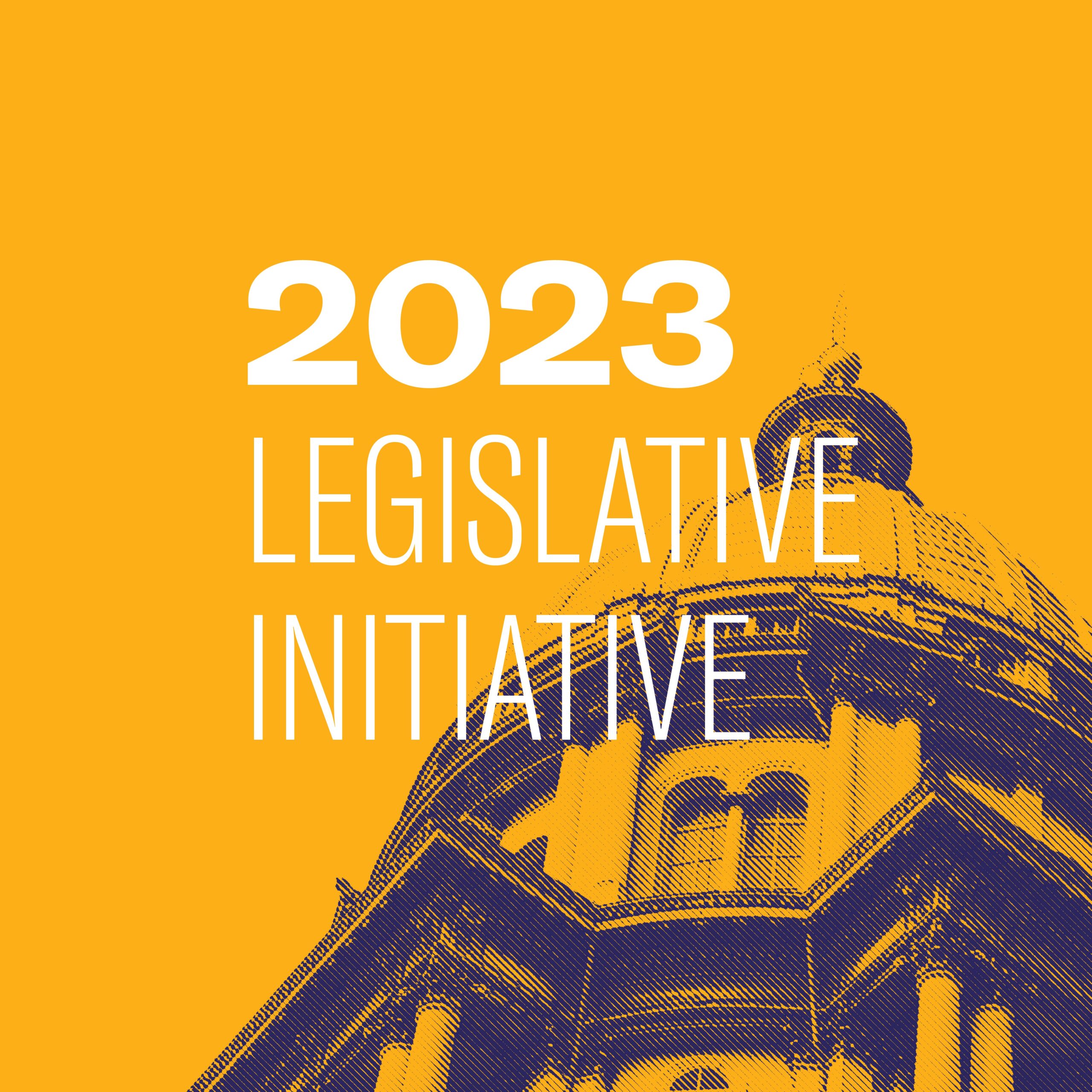SB 1830: Reducing Barriers to Recovery
- Bill Number: SB 1830
- Session: 103rd
- Latest Update: February 11, 2023

Stay Informed
Sign up to be the first to hear about how to take action.
By completing this form, I agree to receive occasional emails per the terms of the ACLU’s privacy statement.
By completing this form, I agree to receive occasional emails per the terms of the ACLU’s privacy statement.

